Newsletter Navigation:
Clicking on each title with navigate to that section in the newsletter
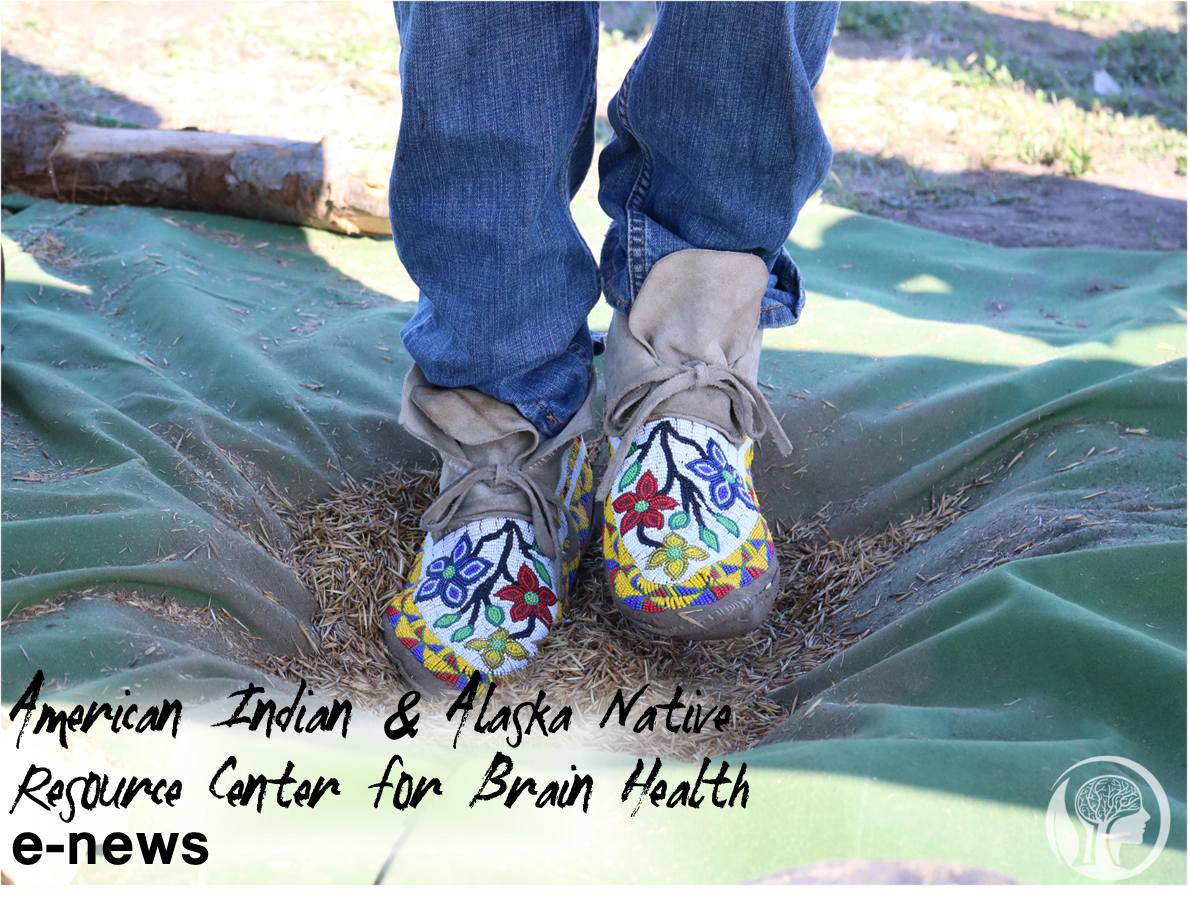
The October Resource Center In Action –
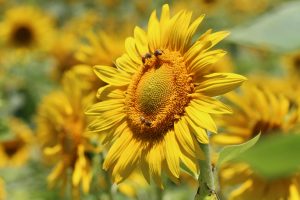
We are very excited to share our October updates in the Resource Center in Action section. Like every month, IA2 has been busy! We have:
- Hosted 4 sessions on the Native Elder Caregiver Curriculum presented by the University of North Dakota with funding from the CDC Foundation.
- Began planning for two CDC BOLD and Healthy Brain Initiative presentations for the upcoming November meeting.
- Accepted an invitation to speak at the New Mexico Aging Conference.
- In partnership with IA2, Dr. Joseph Neil Henderson participated in the Native America Calling radio talk show sharing information and opportunities regarding social isolation and respite care opportunities.
- Participated in Indian Country Echo Sessions. This will be a monthly series with sessions offered for Caregivers and Community staff and a second offering for healthcare clinicians from the I/T/U health system. To view past sessions or learn more about upcoming sessions click here.
- Last but not least on the webinar front, our team lead a discussion with Dementia Friends program leaders from across the country providing an overview of the American Indian and Alaska Native Dementia Friends program adaptation undertaken by IA2 and the amazing team from University of Nevada Reno. Dementia Friends is a program designed to increase awareness, reduce stigma, and reduce dementia risk (in our latest adaptation) among tribes and urban-Indian communities. To learn more, click here.
- Continued to work on our growing Native Brain Health Resource Library
- Including additions of My Native Plate and First Aid for People with Alzheimer’s
Our CDC Foundation project team is hard at work on activities that are a great complement to our Brain Health Resource Center work. With support from the CDC Foundation, IA2 is offering
>> respite care grants,
>> and a new caregiving resource library!
IA2 continues to offer print-on-demand stipends of $250 for flyers and posters from the IA2, ASTHO, and National Council for Urban Indian Health (NCUIH) suite of materials developed with funding from the CDC.
from the IA2, ASTHO, and National Council for Urban Indian Health (NCUIH) suite of materials developed with funding from the CDC.
Promising Practice
NEAR: Natives Engaged in Alzheimer’s Research
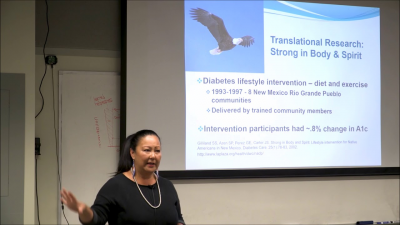
By: Mike Splaine, Splaine Consulting
Alzheimer’s disease (AD) is a common form of dementia. Still, little data exist on the risk and prevalence of Alzheimer’s Disease among American Indians, Alaska Natives, and Native Hawaiians and Pacific Islanders. Natives Engaged in Alzheimer’s Research is a multi-site, multi-project initiative to examine Alzheimer’s Disease in Native communities and launch interventions to delay or prevent Alzheimer’s Disease. Detecting and treating diseases may be difficult in Native communities due to lack of healthcare resources, cultural beliefs, and possible problems using cognitive tests developed in the White population.
Treatment may need to account for clinical, genomic, biomarker, cultural, and environmental factors with data on health behaviors to assess individual risk of a given disease. “It is hoped that, as is becoming true in cancer care, more precise medicines will eventually allow tailored AD care,” said Kaʻimi Sinclair, one of a dozen investigators on NEAR. “We have very little data about AD in American Indian, Alaska Native, Native Hawaiian, and Pacific Islander populations. Reliable data indicate that the number of older persons in these communities 65 years of age and older will double by 2050, and the number 85 and older will increase 7-fold. “NEAR is a project that has real potential to address disparities,” emphasizes Sinclair.
Illustration or link NEAR A is a multi-site, multi-year, multi-million-dollar effort led by Washington State University.
Until now, no research has addressed Native preferences for communicating educational or recruitment information for AD studies. Native peoples typically prefer visual aids and stories that increase comprehension and effective communication and align with Native traditions.
It is well documented that major tissue banks and both short- and long-term studies do not enroll American Indian, Alaska Native, Native Hawaiian, and Pacific Islander persons in those programs in numbers even close to their proportion of the general population.
NEAR will have several satellite locations that will engage local Native communities. NEAR has 12 key collaborators who are American Indian, Alaska Native, Native Hawaiian, and Pacific Islander, which is a first and an achievement that NEAR Center Principal Investigator and director Dedra Buchwald has been working toward for many years. “All of our work includes Native scientists in leadership positions and community advisors in key roles,” stated Buchwald. Projects include developing and testing provider training to improve detection of dementia in health clinics, using hula dancing as a cultural intervention to delay cognitive decline, and examining the role of sleep apnea and the risk of dementia in later life. “It’s really exciting to work with indigenous serving organizations to build awareness and engagement, developing research questions from the community outward to the clinic,” said Sinclair.
NEAR will be at the forefront of engaging Native communities in conversations concerning their concerns and preferences regarding simple tissue donation to catalog more risk factors and genetic information in these underrepresented communities. Follow the work at www.ireach.wsu.edu.
NEW IA² Calendar of Events
IA² is excited to now share a calendar of events. The events will cover a variety of topics and will be hosted by various organizations. Click here to view.
Have an event you’d like us to consider posting and sharing on brain health, dementia or caregiving? Send to [email protected] with event details and a contact person for consideration.
Want to continue to stay in the loop. Sign up for our brain health e-news here: https://iasquared.org/mailing-list/
Community Voices Healthy Brain Blog – Stop Talking, Start Listening
By: Ron Epps, New Mexico Alzheimer’s Association
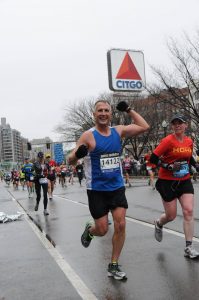 I am new to the Program Director position at the Alzheimer’s Association – New Mexico chapter.
I am new to the Program Director position at the Alzheimer’s Association – New Mexico chapter.
One skill I have been consciously working on for this role is listening. Ask a question, listen. Ask a better question, listen. Ask an even better question, listen. I don’t know whether this is something that I am good at yet. I am getting better. I still have times when I talk too much. I try to learn from those times and go back to listening. I work on this as I reach out to communities that are different from my own. It is the best way for me to learn.
The New Mexico chapter recognizes that we must do a better job of reaching out to the Indigenous populations in our state. That is one of the challenges I am working to meet. I was very fortunate to make contact with Valerie Tsosie with the Division of Aging and Long Term Care Support in the Navajo Nation. She is passionate about her people and her work, making it easy to work together.
Valerie and I started off with conversations between the two of us. I worked on listening. Together we decided to start with a virtual community forum where we would ask questions like “What is the difference between Alzheimer’s and dementia?” and “Where do you go for a loved one who is having memory issues?”. We used a translator to provide the information in both English and Dine`. That conversation was recorded and played on the Navajo radio station. An estimated 8,000 people listened to that recording. Valerie and I talked some more and decided to present the Living with Alzheimer’s for Caregivers series with three presentations over three months, one for each stage – Early, Middle and Late. With the Navajo Nation being in multiple states, we invited the Alzheimer’s Association team members from Arizona and Utah to join.
The early-stage presentation had an audience of over 120 caregivers on a 4-hour Zoom call. We just finished the middle stage presentation and again had 100+ caregivers. The audience has included people in New Mexico, Arizona, Utah, several other states, and even some in Europe. We will complete the series in October. The response has been outstanding. People are calling Valerie’s office, calling the Alzheimer’s Helpline (800-272-3900), asking for materials to be mailed to them, and asking great questions during the presentations. Valerie and I continue to talk. She will be helping with a presentation on Understanding Alzheimer’s and Dementia for NICOA. We talk about establishing a Navajo-specific support group. We discuss other ways we can support caregivers. We have invited the audience to join us at the New Mexico Caregivers conference on November 6. We are pleased and know there is more work to be done. We are ready.
The Alzheimer’s Association continues to seek ways to partner with Indigenous Communities in New Mexico and other parts of the United States.
Ron Eppes
Register Now: 11/2/2021 Healthy Brain Website User Talking Circle
Participate for your chance to earn a Walmart gift card!
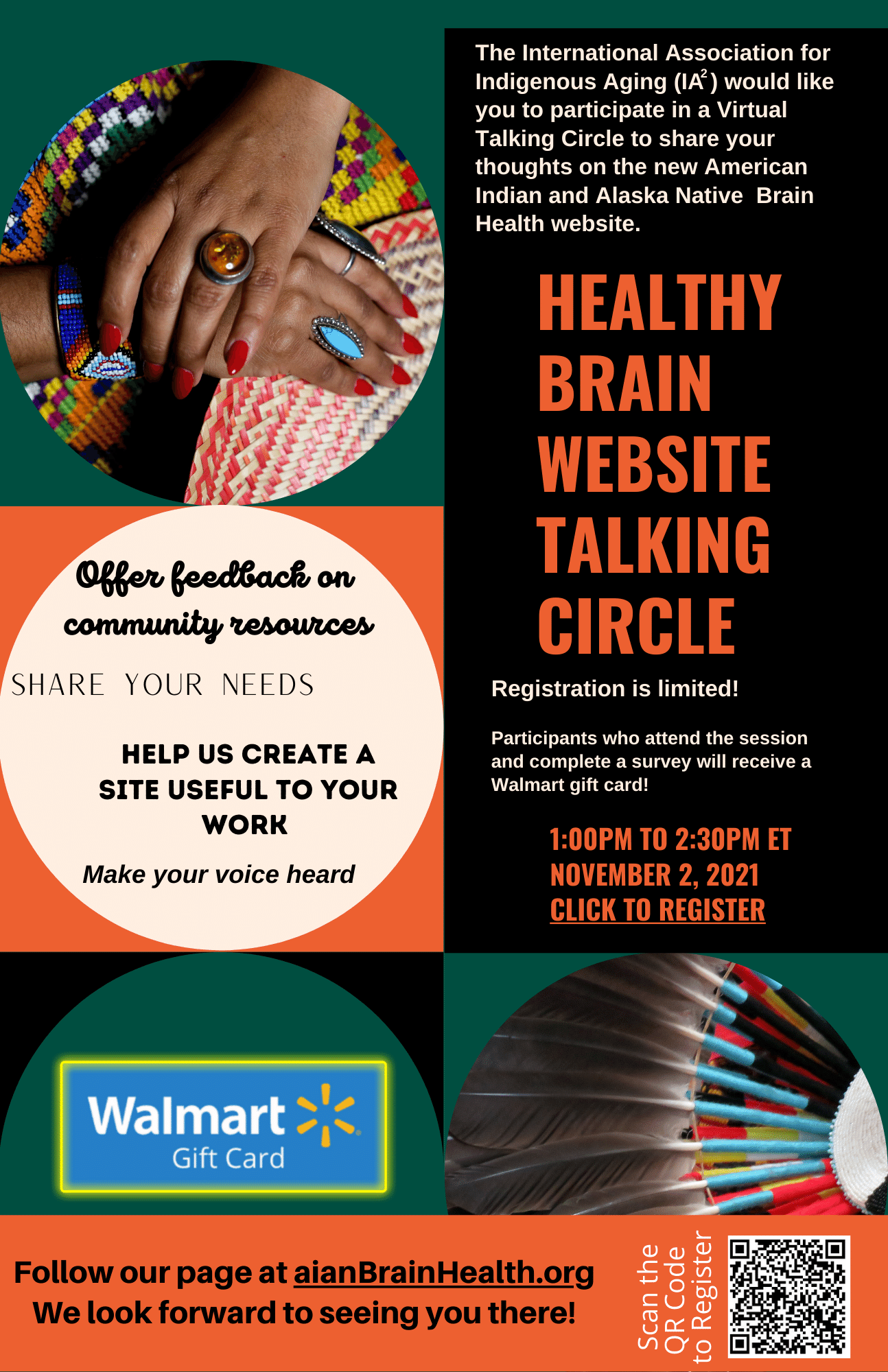 We are looking for folks to participate in a virtual talking circle to share your thoughts and ideas on our new American Indian and Alaska Native Brain Health website.
We are looking for folks to participate in a virtual talking circle to share your thoughts and ideas on our new American Indian and Alaska Native Brain Health website.
Registration is limited!
Participants who attend the session and complete a survey will receive a Walmart gift card.
Taking place November 2 from 1 pm – 2:30 pm EST
50 Hour Respite Care Grants Available for Families of those with Memory Issues – Apply Now!
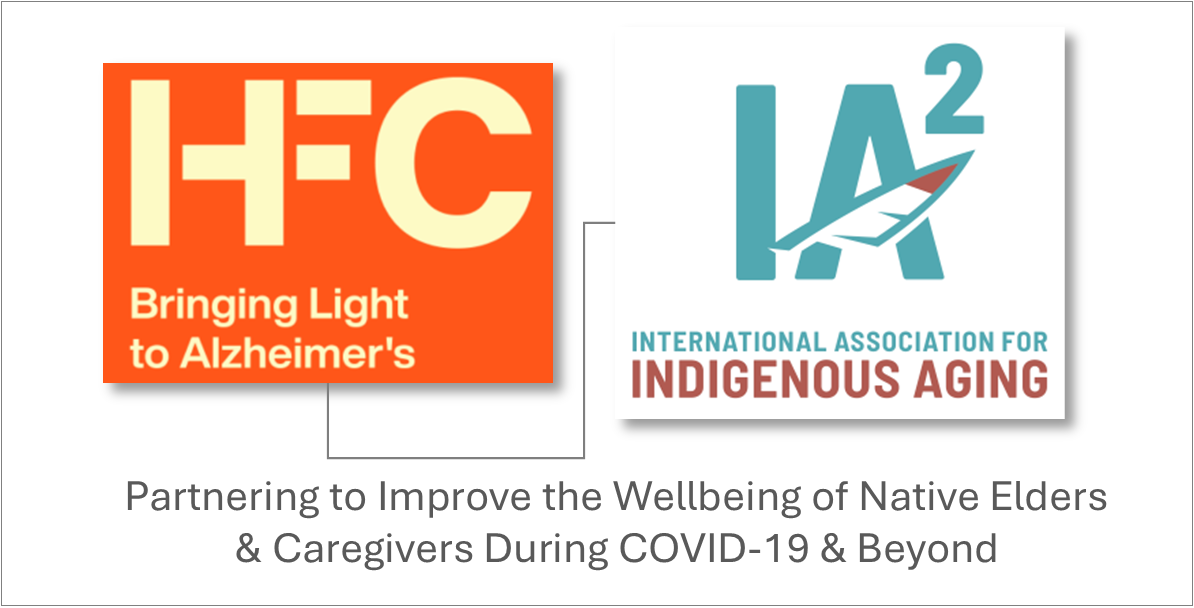
IA2 in partnership with HFC (formerly Hilarity for Charity) is able to offer respite grants for American Indian and Alaska Native unpaid caregivers and family members, with funding from the CDC Foundation. The grant ends November 30th, so help your neighbors and clients apply TODAY.
About the respite care grants for people living with dementia or worsening memory issues. IA2 & HFC can fund 25 “Recharge Respite Grants” of $1250 each (50 hours) for American Indian and Alaska Native families. These grants do not require a formal diagnosis of dementia or Alzheimer’s rather a personal statement confirming dementia-like symptoms or worsening memory issues. Families must live in a Home Instead service area or have a local provider who can come in to provide in-home relief services. To learn more or to apply for the Respite Care Grants click here.
Supporting Family Caregivers of People with Dementia and a History of Trauma
Elders with dementia and a history of trauma often feel anxious, scared, and confused. Such feelings, along with trouble communicating can result in agitation or uncontrollable anger, creating unique challenges for family caregivers.
As noted in a recent webinar hosted by The Jewish Federations of North America (JFNA) Center on Aging and Trauma, caregivers may be better able to address those challenges by:
- Communicating in ways that help elders feel safe, supported, and validated
- Responding to the emotion behind an elder’s words, rather than the reliability of what is said
- Structuring time around meaningful experiences that build positive emotional memories
Watch the JFNA webinar or download the presentation to learn more.
For more information and resources about caregiving visit the IA2 caregiving site here.
Enter into NICOA’s “How Do You Self-Care?” Giveaway
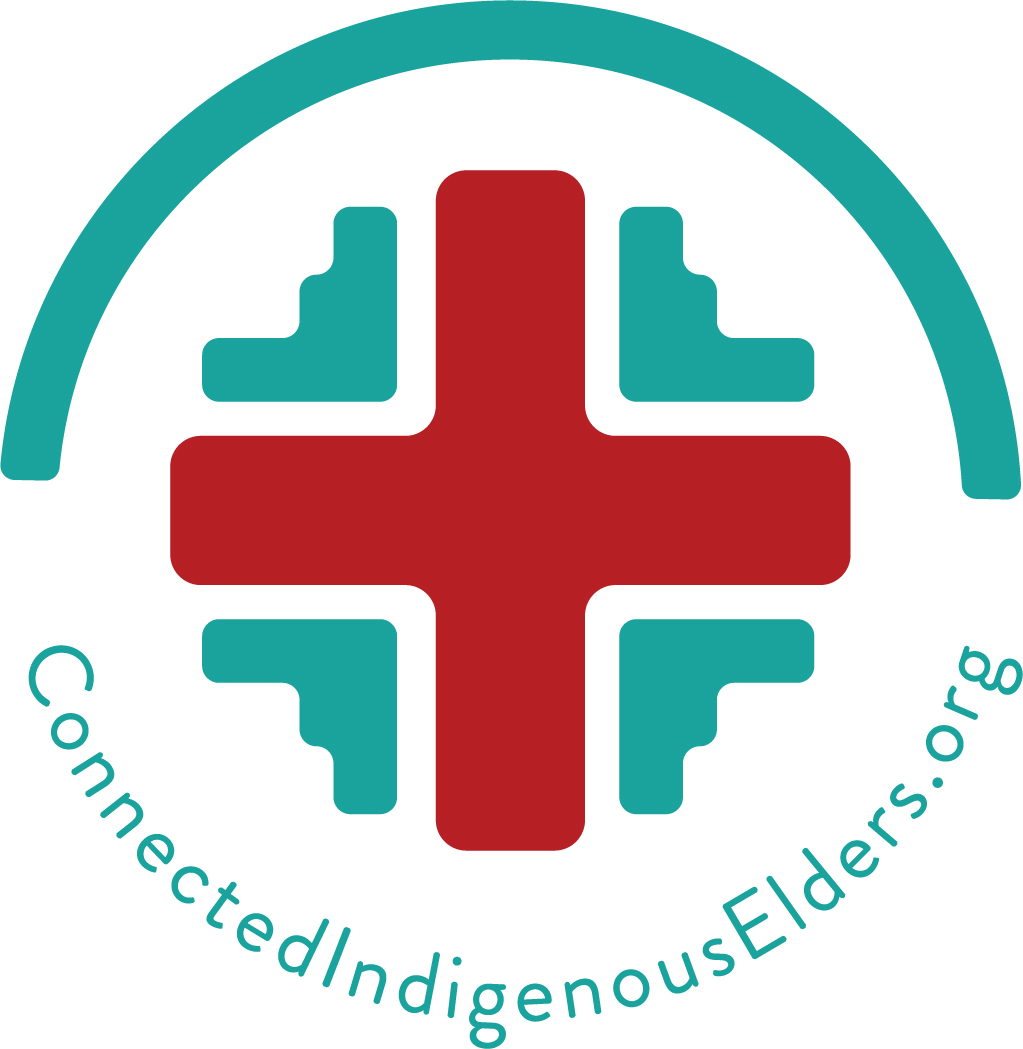
NICOA wants you to participate in their caregivers self-care kit giveaway!
Fill out this form with your self-care tips. These kits include soaps, lotions, and other care products from Dancing Butterfly Naturals.
Your tips will be anonymously shared on social media channels including Facebook, Twitter and Instagram.
Follow along under the hashtag #myindigenousselfcare
Looking to address the issue of social isolation and loneliness among American Indian and Alaska Native elders, the National Indian Council on Aging (NICOA) launched the Connected Indigenous Elders campaign, a national campaign to educate Native families about the health concern and offer resources.
For more information on the #ConnectedIndigenousElders campaign, go to www.connectedindigenouselders.org. To view or listen to the PSAs or download photos, click here.
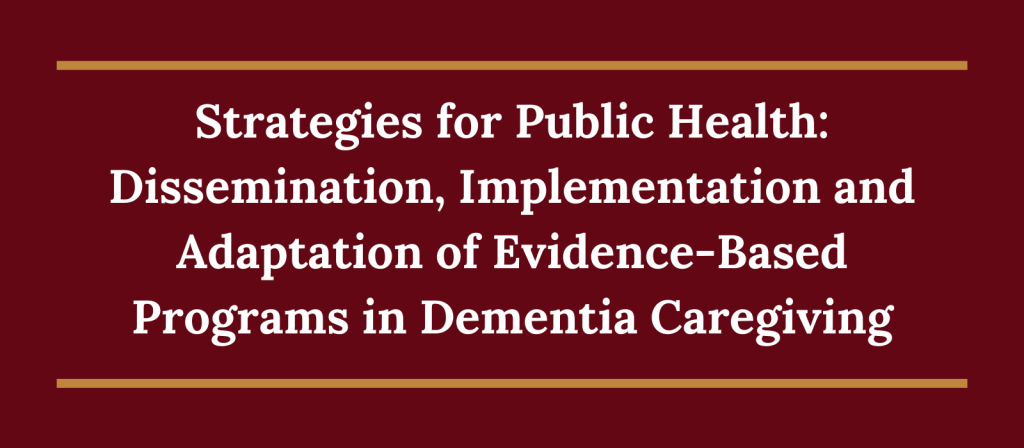
Click here to Register.
November 12, 2021
12:00 pm – 1:15 pm ET (11:00 am – 12:15 pm CST)

Featured Resources & News
 | News: |
| |
 | Presentation: |
| |
| Flyer: |
| ||
| Toolkit: |
| ||
| Printing Assistance: |
| ||
| Promising Practice: |
| ||
| Resource: |
| ||
| Resource: |
| ||
| Resource: |
| ||
| Reports: |
| ||
| Opportunities: | Healthy Brain Website Talking Circle 11/2/21 – Participate for your chance to win a Walmart gift card! | ||
| Webinar: | |||
| Funding Opportunity: |
Connect & share with other American Indian and Alaska Native communities.
Contact us to share Alzheimer’s disease, dementia, and brain health community news, resources, information, and promising practices happening in your community or others.
Brain health e-News for and by American Indian and Alaska Native communities.
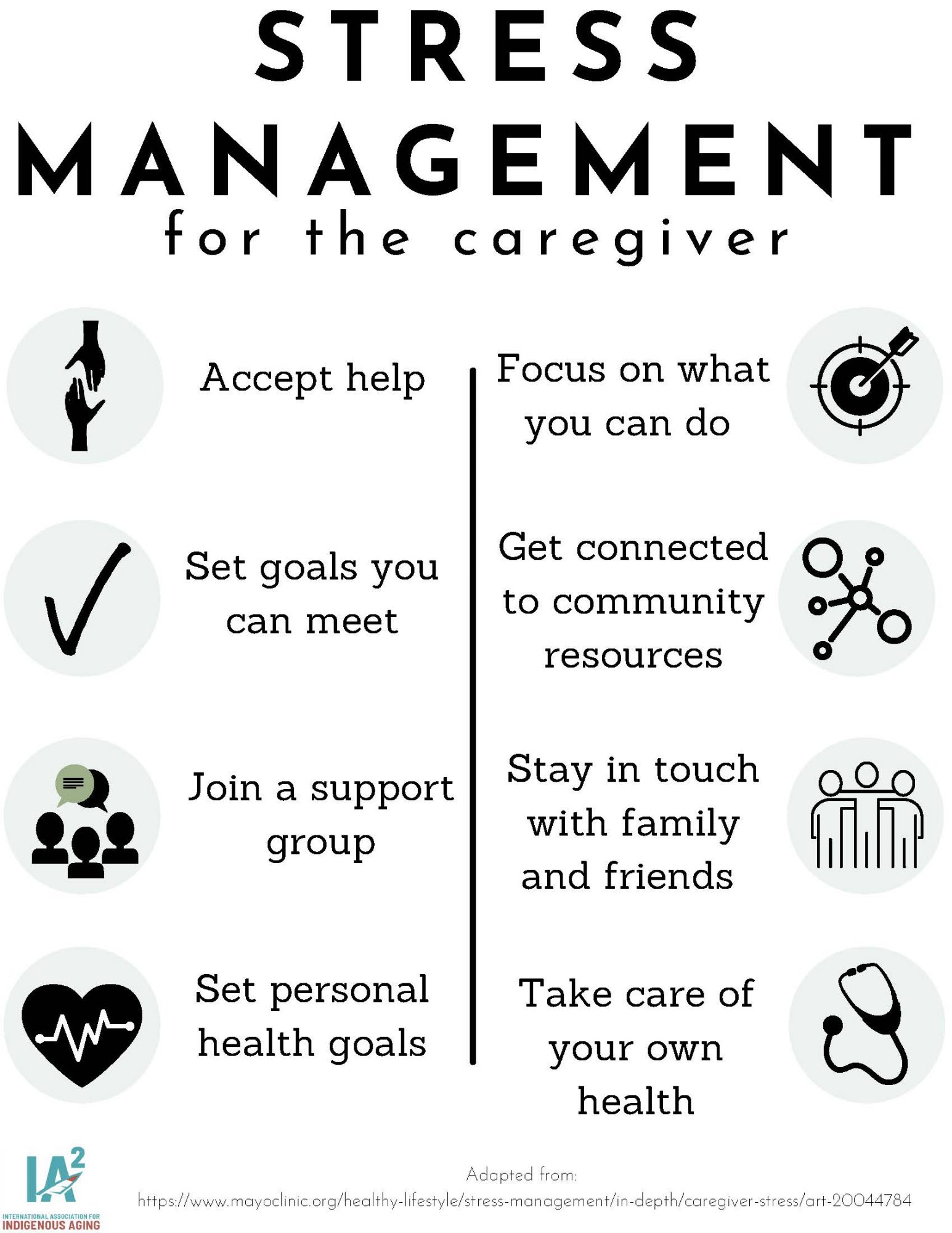 IA² has several new resources for caregivers available
IA² has several new resources for caregivers available  IA² welcomes the opportunity to share a great opportunity to participate in an ongoing research study.
IA² welcomes the opportunity to share a great opportunity to participate in an ongoing research study.